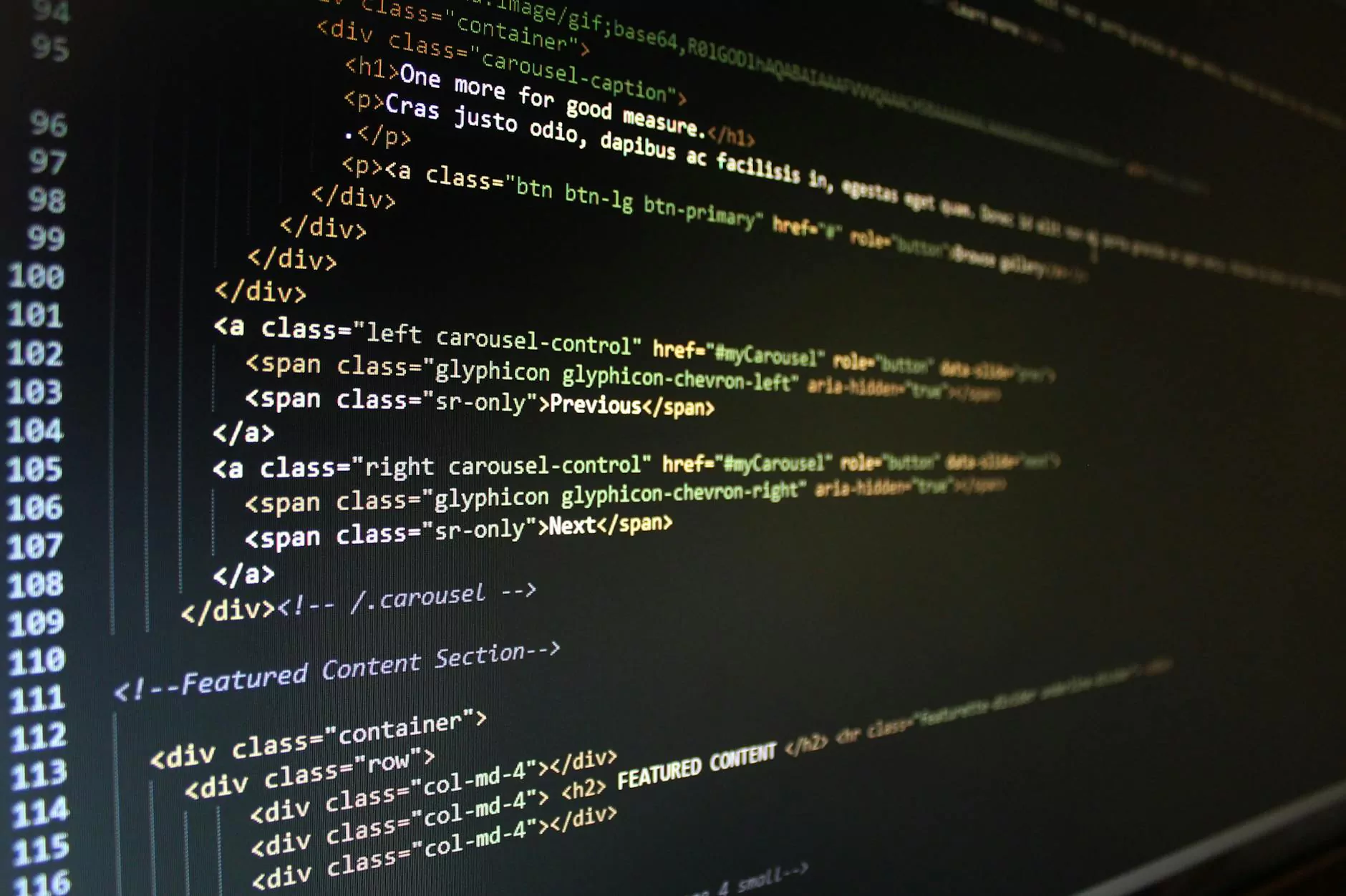Impact of AI on the Education Sector in Future
Blog
The Evolution of Artificial Intelligence in Education
Artificial Intelligence (AI) is revolutionizing various industries, and the education sector is no exception. As technology continues to advance at an unprecedented rate, educators and institutions are recognizing the tremendous potential of AI in transforming traditional educational approaches.
Enhancing Personalized Learning Experiences
One of the key advantages of AI in education is its ability to personalize learning experiences for students. With AI-powered tools and platforms, educators can easily adapt their teaching methods to cater to individual student needs and preferences. This enables a more tailored approach to education, ensuring that each student receives the support they require to thrive academically.
The Role of AI in Intelligent Tutoring Systems
Intelligent Tutoring Systems (ITS) powered by AI have gained significant popularity in recent years. These systems utilize machine learning algorithms to analyze student data and provide personalized recommendations and guidance. Through continuous data collection and analysis, AI algorithms can identify knowledge gaps, suggest appropriate learning resources, and even anticipate students' future needs. This level of personalized support fosters a more engaging and effective learning environment.
Automating Administrative Tasks
AI technologies also have the potential to automate administrative tasks, allowing educators to focus more on teaching and mentoring students. Automated grading systems, for example, can significantly reduce the time spent on evaluating assignments and exams, freeing up educators to concentrate on providing valuable feedback and support.
Revolutionizing Learning Content and Delivery
AI is transforming the way learning content is created, curated, and delivered to students. Advanced algorithms can analyze vast amounts of data to identify gaps in existing curricula and generate personalized learning materials. This ensures that students receive relevant and up-to-date content in a format that suits their learning style.
Adaptive Learning Platforms
Adaptive learning platforms powered by AI have emerged as an effective solution for personalized instruction at scale. These platforms collect data on students' learning behaviors, progress, and preferences, enabling the creation of individualized learning pathways. AI algorithms can adjust the difficulty, pace, and content of lessons based on real-time performance feedback, ensuring optimal learning outcomes.
Virtual Reality and Augmented Reality in Education
The integration of AI with virtual reality (VR) and augmented reality (AR) technologies opens up new possibilities in immersive education experiences. VR and AR simulations can provide students with interactive and realistic learning environments, enabling them to explore complex concepts and develop practical skills. AI algorithms enhance these experiences by customizing the content based on the learner's interactions, creating truly engaging and impactful educational scenarios.
Benefits and Ethical Considerations
While the potential benefits of AI in education are vast, it is crucial to address the ethical considerations surrounding its implementation. Ensuring data privacy and security, mitigating biases in AI algorithms, and maintaining human oversight in decision-making processes are essential to create a responsible AI-powered education ecosystem.
Seo by Chrys: Empowering Your Education Business with AI
At Seo by Chrys, we understand the transformative impact of AI on the education industry. As a leading website development agency specializing in business and consumer services, we can help your education business leverage AI technologies to stay ahead of the competition.
Customized AI Solutions
We work closely with educational institutions to develop customized AI solutions that align with their specific goals and requirements. Our team of experts will analyze your needs, identify areas where AI can add value, and design innovative solutions that enhance the learning experience for your students.
AI-Driven Content Development
Our copywriting services incorporate AI-driven content development strategies that ensure your learning materials are engaging, relevant, and optimized for search engines. By leveraging AI algorithms, we can generate high-quality, keyword-rich content that helps your website rank higher on Google and attract more organic traffic.
User-Focused Design
Our website development team understands the importance of user-focused design in creating intuitive and interactive learning platforms. By incorporating AI-enabled features such as intelligent search, personalized recommendations, and adaptive interfaces, we can provide your students with seamless and engaging user experiences.
Data Analytics and Insights
Seo by Chrys can help you harness the power of AI-powered data analytics to gain valuable insights into student performance, behavior, and learning patterns. By collecting and analyzing relevant data, we can help you make informed decisions, optimize your educational offerings, and drive continuous improvement.
Stay Ahead of the Curve with Seo by Chrys
As AI continues to shape the future of education, it is crucial to partner with a reliable and experienced agency like Seo by Chrys. With our expertise in website development and AI-driven solutions, we will empower your education business to stay ahead of the curve and deliver exceptional educational experiences for your students.
Conclusion
The impact of AI on the education sector is undeniable. From personalized learning experiences and automated administrative tasks to revolutionized content delivery and immersive technologies, AI is transforming education as we know it. Seo by Chrys, with our proficiency in website development and SEO, can help your education business unlock the full potential of AI and thrive in the ever-evolving educational landscape.










